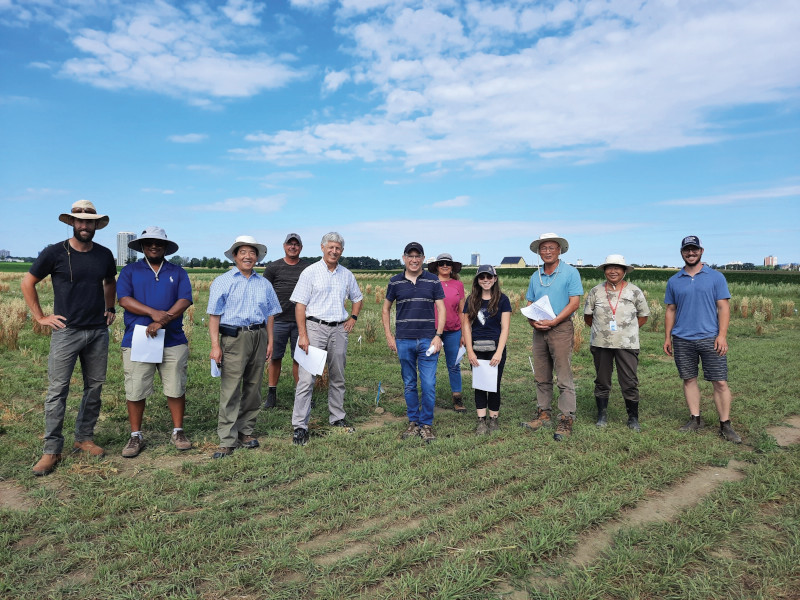It’s sometimes easy for those of us focused on agricultural policy to lose site of the fact that public trust is key to driving much-needed policy change. Policy change is much swifter and more efficient if the public supports the move.
We in the plant science industry understand the benefits that modern plant breeding, including genetic engineering, has delivered to farmers, the environment, the economy and consumers. And we know that in order for Canada to continue to compete on the global stage, we need a more timely, predictable and transparent regulatory system for products of plant biotechnology, especially as new innovations come to the forefront.
But we cannot assume that consumers intrinsically understand these benefits and they certainly don’t spend their time thinking about regulatory efficiency. Their biggest concerns centre around food safety and affordability. They want to have confidence that the food they buy at the grocery store will be safe to feed their families.
Everyone in the agriculture industry has a role to play in helping build public trust. We need to talk to consumers about how modern agricultural technologies benefit them. They see fear-mongering headlines about the dangers of GMOs. We need to counteract those with the real story of modern plant breeding in a way that they can related to and set the stage for future innovations that will continue to improve their lives.
By helping build Canadians’ confidence in our agricultural production system and their support for continued innovation in this space, we can create an environment that facilitates sound policy decision making.
I’ve talked before in this column about the need for science-based decision making in Europe. In a region where politics routinely trump science, we see first-hand the importance of public trust and what happens when it is eroded. Europe’s population is more staunchly opposed to modern agricultural practices than almost anywhere else in the world. As a result, there is no amount of scientific information around innovations like genetically modified crops that will change the tide of public opinion.
This is a perfect example for Canada of what to avoid. While there are important efforts going on today to build public trust in agriculture, those who spend their days deep in the depths of agricultural policy work need to remember that we too have a vital role to play in this. We need to remember to talk to Canadian consumers in a way that they can relate to and to explain to them the benefits and safety of modern agricultural technologies.













